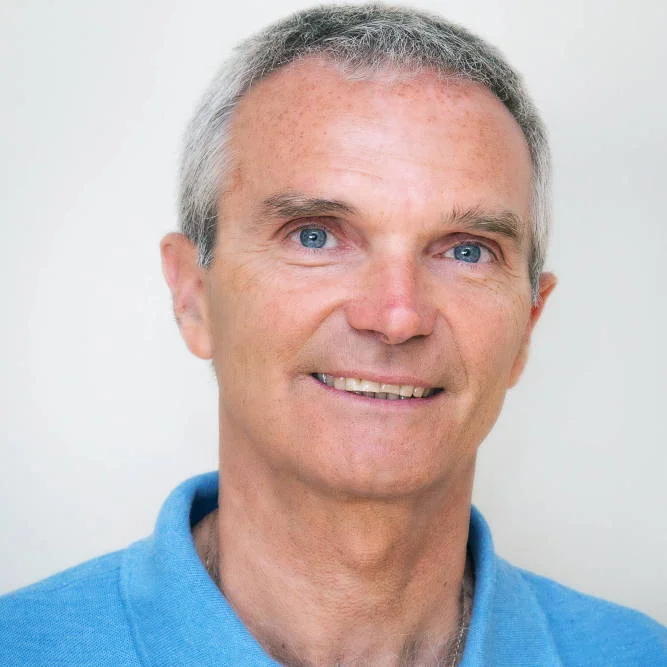Polosa: “Let’s go ahead steady and with determination towards innovative and functional research. We believe in an open, multidisciplinary, and globalised science that delivers knowledge locally and globally. A science that can address the challenges for the future.
Plos Biology annually updates its online database to edit the ranking of over 100,000 most cited researchers internationally. Like the previous years, the founder of CoEHAR prof. Riccardo Polosa ranks among the most cited scientists globally, leading the University of Catania to stand among the best research centres worldwide.
Catania, 11 November 2021- The online database “Updated science-wide author databases of standardized citation indicators” includes a ranking of the most cited scientists in the world, divided into 22 specific fields and a further 176 sub-categories.
Prof. Riccardo Polosa, Founder of the Center of Excellence for the Acceleration of Harm Reduction (CoEHAR) in 2021 is the most cited scientist in the world in his field of research.
Other members of CoEHAR in the University of Catania cited in the list include prof. Aldo Calogero, prof. Martino Ruggieri, prof.ssa Rosalia Leonardi, prof. Antonino Gulino, prof. Sebastiano Battiato and prof. Filippo Drago.
The biometric data from Plos Biology confirms that the research within CoEHAR has a fundamental role in the development of scientific data on harm reduction and the fight against smoking-related diseases.
With over 400 publications, prof. Polosa – supported by the 80 members of CoEHAR- has had an enormous impact on Tobacco Harm Reduction studies over the years.
The Plos Biology database is the most prestigious scientific analysis method of research. Its methodology has different parameters, including the number of publications and the citation of a scientific study in which the scientist is the author or first author.
Each researcher in the database has a specific main field of reference plus two additional sub-categories.
Riccardo Polosa: “Let’s go ahead steady and with determination towards innovative and functional research. We believe in an open, multidisciplinary, and globalised science that delivers knowledge locally and globally. A science that can address the challenges for the future.





